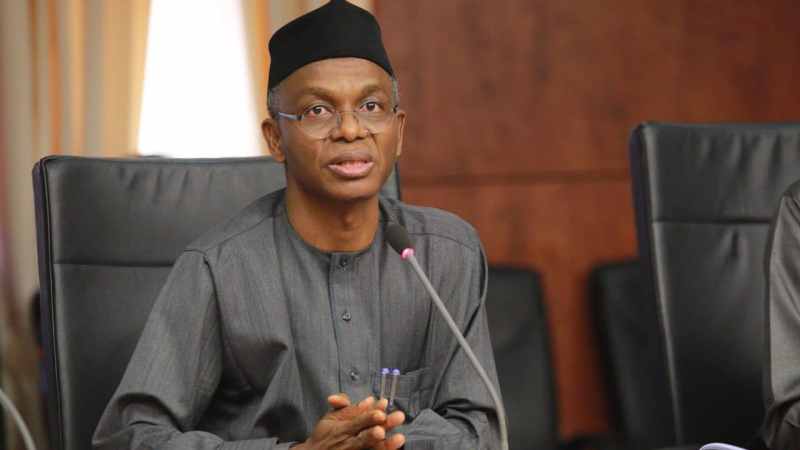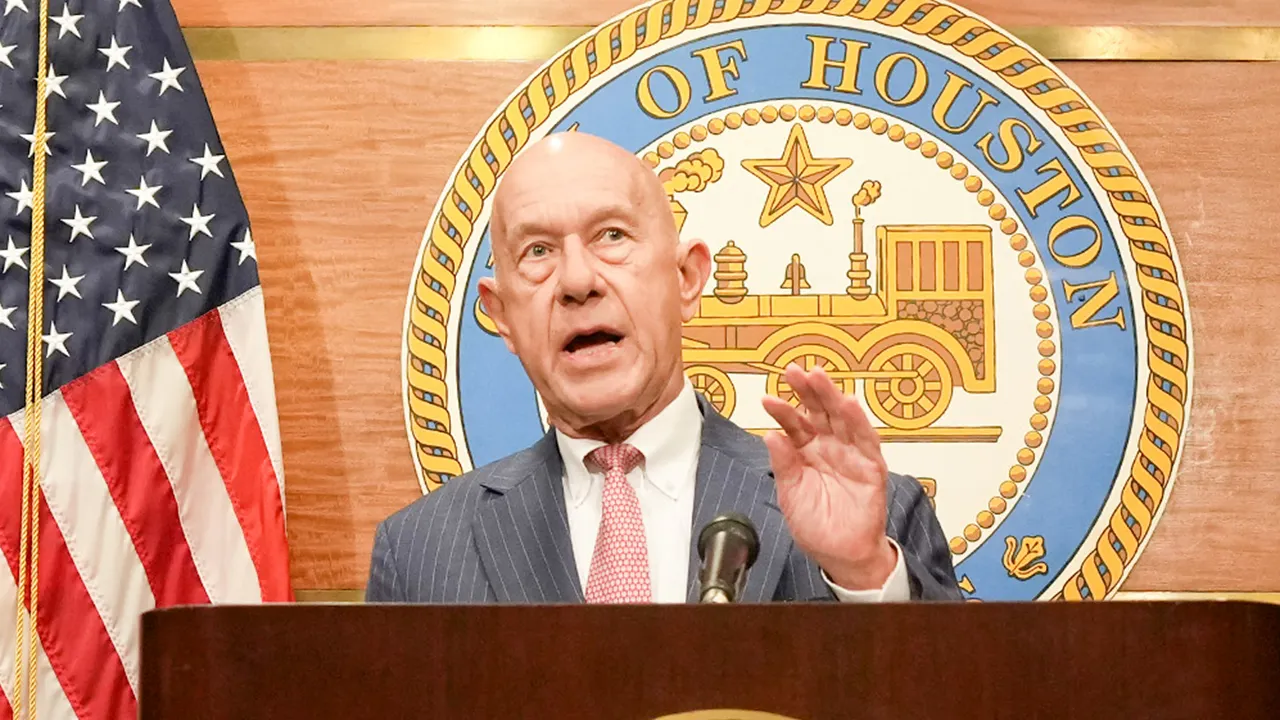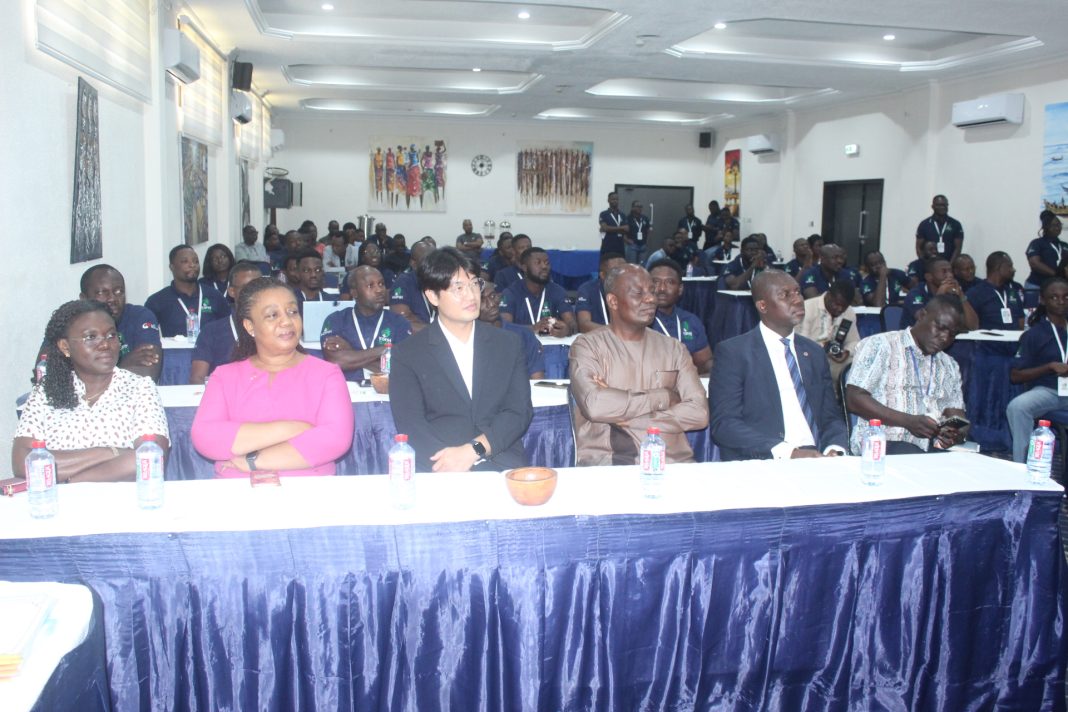Copyright newtelegraphng

Former President Olusegun Obasanjo has revealed that he turned down a recommendation to endorse former Kaduna State Governor, Nasir El-Rufai, as his successor while leaving office in 2007. Obasanjo, who served as Nigeria’s president from 1999 to 2007, disclosed this on Friday during the second edition of the annual symposium of the Ajibosin Platform held in Abeokuta, Ogun State. The event had the theme, “Importance of Leadership in Governance.” The former president said the suggestion to consider El-Rufai came from former Minister of Aviation, Osita Chidoka, who was one of his aides at the time. Coalition: Tinubu Takes On Atiku, El Rufai, Others Tinubu Hails El Rufai’s Service To Nigeria On 65th Birthday 2027: El Rufai joins race for mega-party formation According to Obasanjo, “Let him tell you. He didn’t mention that. He was pushing when I was leaving government that his friend, El-Rufai, should be brought in as my successor.” Turning to Chidoka, who sat among the panelists, Obasanjo asked, “No be so (Is that not true)?”, to which the former minister nodded in agreement. Obasanjo said he declined the recommendation because he believed El-Rufai needed more time to mature politically and administratively. “I did not yield to the pressure. Later, he said, ‘I suggested this person, why didn’t you agree?’ I said El-Rufai needs to mature. You remember? “When I left government and many years later he saw the performances of El-Rufai, he came back to me and said, ‘You’re absolutely correct. El-Rufai needed to mature,’” Obasanjo recounted. The former president, however, praised Chidoka and El-Rufai for their “special attributes,” describing them as some of the bright minds that contributed to the success of his administration. Speaking further on leadership, Obasanjo emphasised the importance of character, experience, exposure, and training in governance. “It’s only in politics that there’s no training for leadership. Even among armed robbers, I was told there’s apprenticeship. But it’s only in politics that there is no training in leadership, that’s not good enough,” he said. Delivering the keynote address, Chidoka said Nigeria’s leadership crisis stems from the lack of accountability systems and institutional frameworks to sustain good governance. He said: “Leadership finds its true measure not in speeches or charisma but in the systems it leaves behind. Moral conviction must translate into the machinery of governance, rules, routines, and institutions that make competence predictable and corruption difficult.” Chidoka stressed that Nigeria’s problem has never been a lack of ideas but “the absence of systems strong enough to outlive their authors.” He called for a culture of measurable accountability, saying: “We must make leadership accountable not to rhetoric but to results, build national dashboards and systems that track every promise, every budget, and every outcome.” The convener of the symposium, Aare Olanrewaju Bakinson, said the event was designed to explore the impact of leadership on development and nation-building. “Leadership is not just about power; it’s about responsibility, vision, and service. This platform seeks to discuss ethical leadership and its role in shaping societies,” he said. Dignitaries at the event included the Senator representing Ogun Central, Shuaibu Salis; the Olowu of Owu Kingdom, Oba Saka Matemilola; the Olota of Ota, Oba Adeyemi Obalanlege; and former Ogun State First Lady, Mrs. Olufunsho Amosun.



